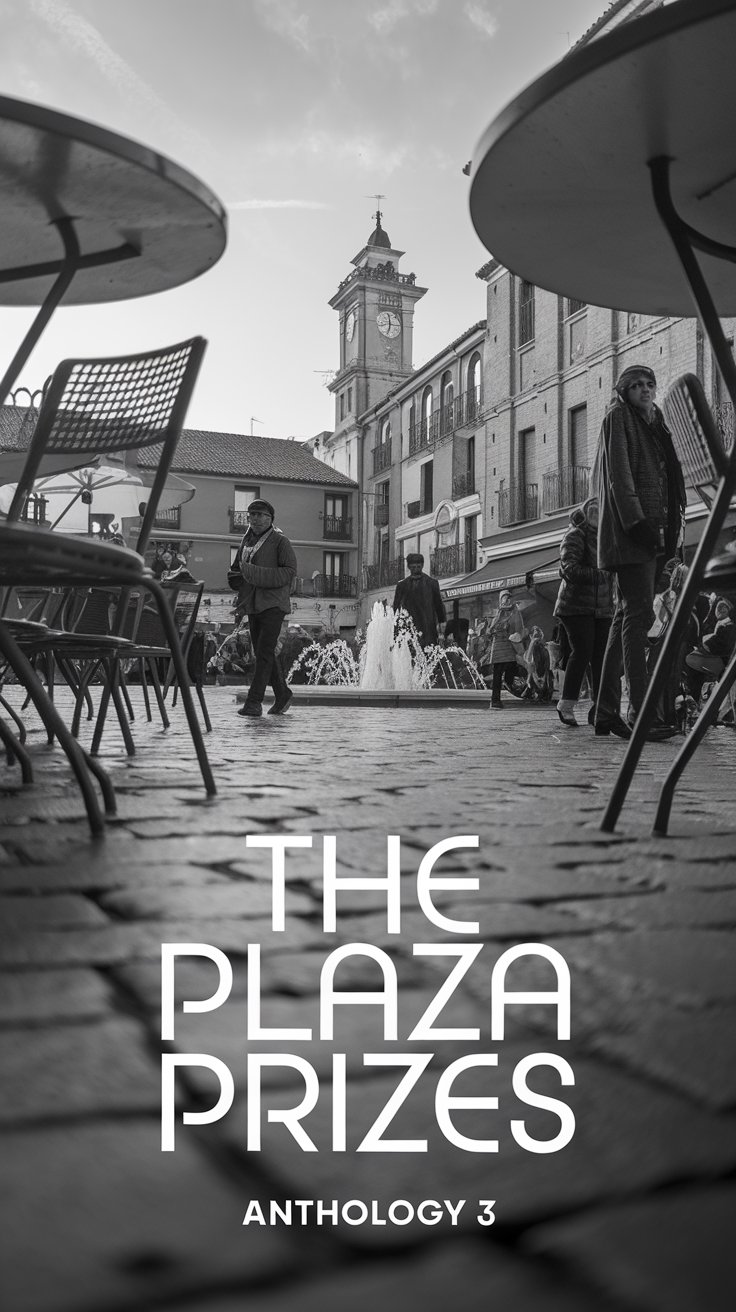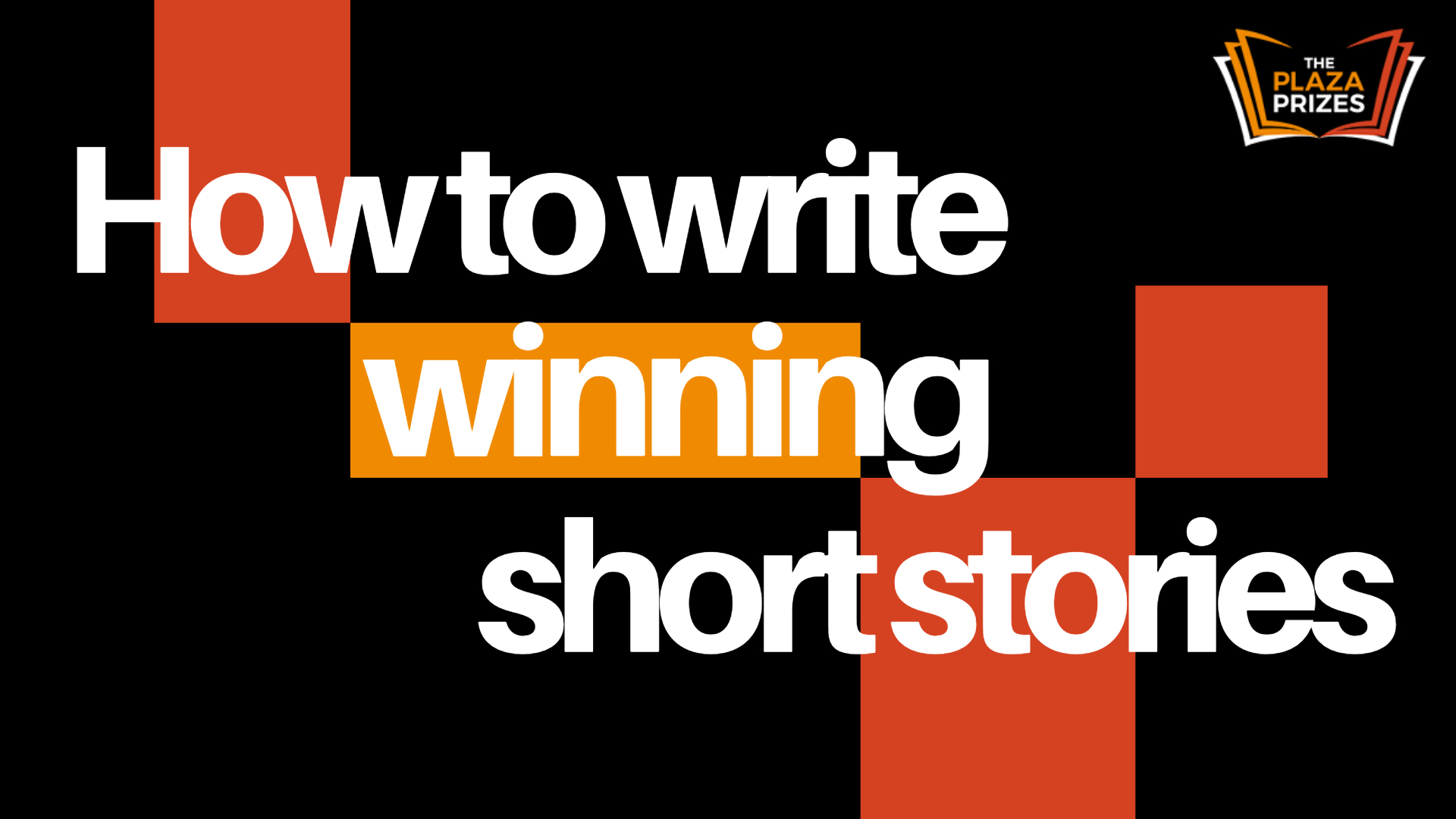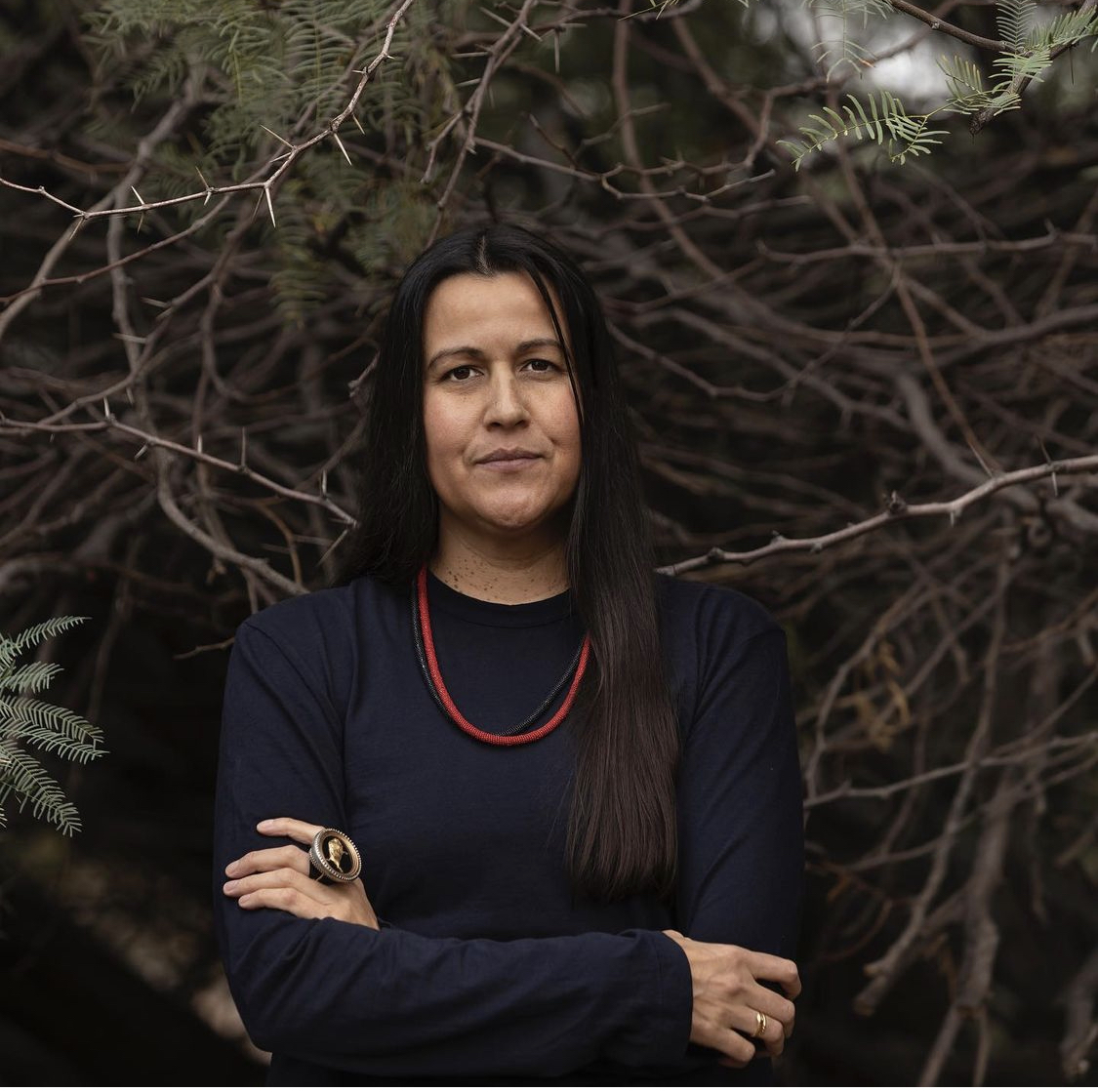Winners
All comments listed below are from from our Pulitzer Prizewinning judge, Natalie Diaz.
Reading the finalist poems for the Plaza Prize was like shining a bright light into my end of winter days. Many of the poems were pulsing and rippling with emotional imagery and powerful ruminations on what it means to be alongside one another in this world, as miraculous beings, despite our wounds and losses. Poetry is a place that can hold what is often seen as incongruent or what we might otherwise fumble or be felled by in our unreasonable world, and I felt I was also held while reading these poems, many of which I will carry with me in the cave behind the cave behind my heart as I make my own way through my hours and days. Gracias for this gift of reading alongside your community of poets and language makers. Let’s all continue to dream strong.
1st: (£4000) ‘Loneliness Was Part Of It’ by Jaye Kranz (AUS)
The images in this poem are strange and sensual. Setting loneliness beside the buffalo, a beautiful wild beast who the US government slaughtered in mass in order to help slaughter the Natives who were bound to and by them to the land, and then washing us all in night and its “deepest-dye,” builds a cosmological and past-future narrative of the ways we living being are of consequence to one another. Loneliness and buffalo, and speaker. One is made like the other and yet is also an argument against the other, which helps us abandon the impossibility of precise language to name emotional and existential stakes of being alongside one another in the world and generously pushes us toward the precipice of story and image in “feeling.” The poet gifts us with a speaker and a buffalo, real or imagined, and the nature of holding these two beings in periphery of one another’s isolation, desolation, alonenesses, is what offers us a relationality in which we can find our way to our own wonder-filled lives. Such a beautiful poem that I’ll carry with me, like a chorus I need, reminding me I am not “just one animal.”
2nd: (£300) ‘Moth Hour’ by Wes Lee (ENG/NZ)
This poem outgrows its use of the simile early, which is a testament to the power of its strangeness and the poet’s confidence to delve into the sensual-beyond of language and image. The italicized passages and their dark, almost-dangerous mystery, which are woven in and out of the building momentums of both the staccato and longer lines, create a new temporal-spatial experience in the poem, the faltering or fading hour, or the ways our minds, our hearts, and perspectives shift in our weary or wondrous moments alike. While the poem’s early note directs us toward a narrative or a character, it’s as if the poem is happening across many times, a polyphonic constellation of presences and stories that flicker in and out. Reading this poem was a shadowy yet joyful experience and encounter with the multiplicity and simultaneity of lives and energies that I don’t need to have explained to me in order to be changed by having traveled the poem alongside them (even if the poet intended this to be a poem spoken by one singular voice).
3rd: ‘November’ (£100) by Wes Lee (ENG/NZ)
“November” is such a tender and grief-ful love poem. I am struck by the way the weight of loss creates a slowness in the poem itself, moving us not carefully but with the intentionality that comes with the emotional and physical labor it requires to move through an hour, an evening, a life, in which a beloved whom we have been a literal part of, genetically, perhaps in mannerisms, gestures, even looks, leaves us, and what that means of who are in remainder of them, and how we become the next version of ourselves, not without them per se, but with their absence as our new companion. I am grateful for this portal that helps me view grief as a sensuality as well, that gives me new vision of myself and of others, and the many ways we are alone and together, and how or lives are in constellation with our beloveds and our strangers.
4th (Highly Commended): ‘Orchard Country’ by Gram Joel Davies (WALES)
There are many beautiful and surprising moments of non-human animal and human encounter in this poem. The natural world catalyzes the speaker into a deep and sometimes dark and other times bright well of memory and wonder at beingness—to be of someone, shaped by some beloved ancestor or parent or mentor who came before us and yet are woven thoroughly into us, there absence having become their ever-presence in us. A few examples of how this reciprocity between human and non-human world make up our relationality and purpose to this world: “I’m calling, / calling into the night where a fox / screams… remember: my father’s / guitar,” or “to the stack of felled trunks, / a silver wetland showed infinity’s / plane. He spoke to me…” What a gift to feel so rooted in the land and in place that you find your ghosts and yourself there, in the vast and wild lands that make a people, a community, a home, to have such a connection to one’s land that you might always arrive to it and return to it, a land in which we will never be lonely even when we walk it alone.
Shortlisted (Top 10)
‘Vesperum’ by Scott-Patrick Mitchell (AUS)
This poem is an imagistic adventure into a cosmology and ontology in which water is a center of our existence, in story and imagination, in migration and place-making, in the ways we experience our human and non-human relationships. Such striking and surprising language and scenes. The gift of having such a relative as immense as the ocean, to help us be called to experience this unreasonably beautiful world and also to bear the burdens of our love for it and the lives we lead upon it, even as they flicker into their next world.
‘Empty Glove’ by Christoffer Wahlberg (HOL)
Disguised as a poem defined by the scars a lost love has left on the heart and mind, another complexity unfolds through lists of strikingly particular images which catalogue a series of impactful moments of change that the speaker has endured in their life and which seem to also amount to certain absences and scars. From pandemic to technological, these life changes have disrupted and discomfited the speaker, including the overwhelm of visiting or moving to an unfamiliar city—the whelm of which perhaps contributed to the dissolution of the early love. The speaker arrives to the end of the poem suddenly in need of another change, a change as big as those chronicled throughout the poem, in order to, conversely, offer relief from a repetitive stasis being suffered.
‘Self-Portrait as Water’ by Esther Lay (USA/ENG)
The poem begins tongue-in-cheek, with a flicker of humor, but then finds its curiosity and wonder—water, and how it is immense and mysterious and yet able to be cupped in our hands. The poem rushes in and out of the language of sea and water, creating currents of awe through imagery. There are fathoms of self yet to be unlocked in the big waters of this poem.
‘Wool Man’ by John Kefala Kerr (ENG)
This poem is a whimsical foray into a skillset we hone in childhood and yet never abandon, the art of imagining ourselves as superheroes. One would think that every super power would need to be a backflip of imagination or at least a constellation of high-tech and hard to find accessories, but this poem reminds us the power of the mundane and how we can find wonder in our everyday abilities and even in our everyday impossibilities.
‘The Art Party’ by CP Nield (ENG)
The note which opens the poem serves as a thesis or explanation that the poem either rises to or that the reader is not trusted to arrive at. The body of the poem is adorned in what we have been told is kitsch or a party or a critique of art. The true mystery is the you, or perhaps the I—what kitsch might make possible or what it is hiding of their true curiosities. What is at stake for them in their revelry of shade and complaint, a revelry through which they consume not only their cups overfloweth but even the people around them? And who might each be, changed or unchanged, the morning after the party?
‘Sending the Route’ by Leonardo Chung (USA)
This poem becomes a visual score of movement and gesture, making a metaphor of the climb. And yet also making a kind of image-song of body and the imagination the we are so lucky to both incite and be inspired by as we enact our bodies in such miraculous acts of focus and physicality.
Long-listed (Top 20)
‘Ricecode’ by Leonardo Chung (USA)
‘Brief Introductory Lecture on the History of Medicine’ by Stephen McCarthy (IRE)
‘Biscuit Baby’ by Andy Craven (ENG)
‘Things I Realised On a Monday Morning’ Jemima Roberts (WALES)
‘Confirmation’ by Jose Buera (DOM REP)
‘Inas’ by Charlie Newnham (ENG)
‘To the man with the family-sized trolley’ by Kate Fenwick (ENG)
‘Assimilation’ by Richard Fox (USA)
‘Ars Poetica In Blue’ by Chanice Cruz (USA)
‘Drowning On a Stranger’s Couch’ by Rhian Elizabeth (WALES)
Big congrats to our Top 3 Winners, and those extremely talented poets who made the top 10! Their poems will be published in The Plaza Prizes Anthology 3 in Oct 2025.
If you didn’t win this time – try again. The Plaza Poetry Prize (40 lines max) is OPEN now to enter. Judge: George Szirtes. 1st prize: £1,000 / $1250. Deadline: 31st May, 2025.






